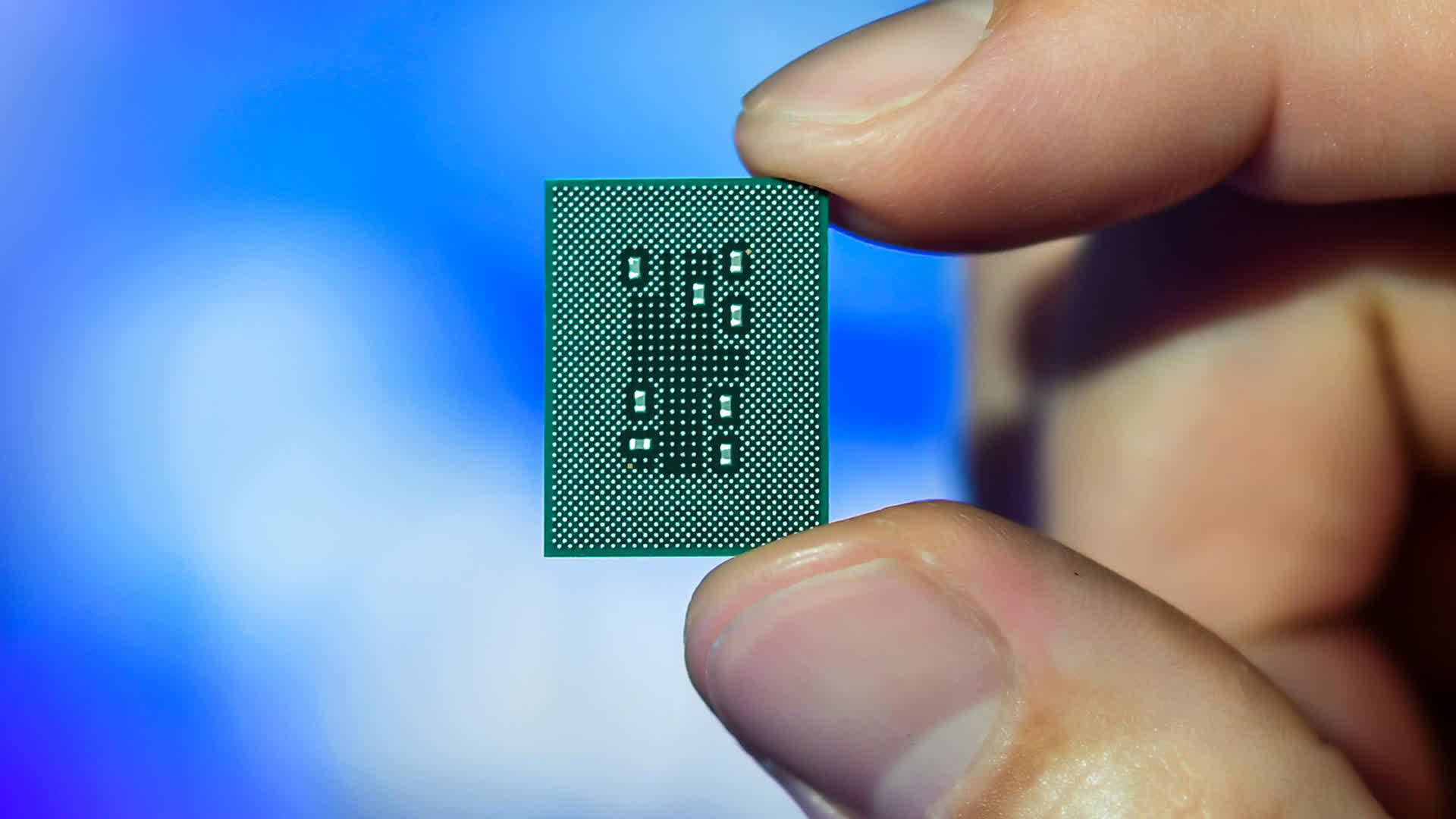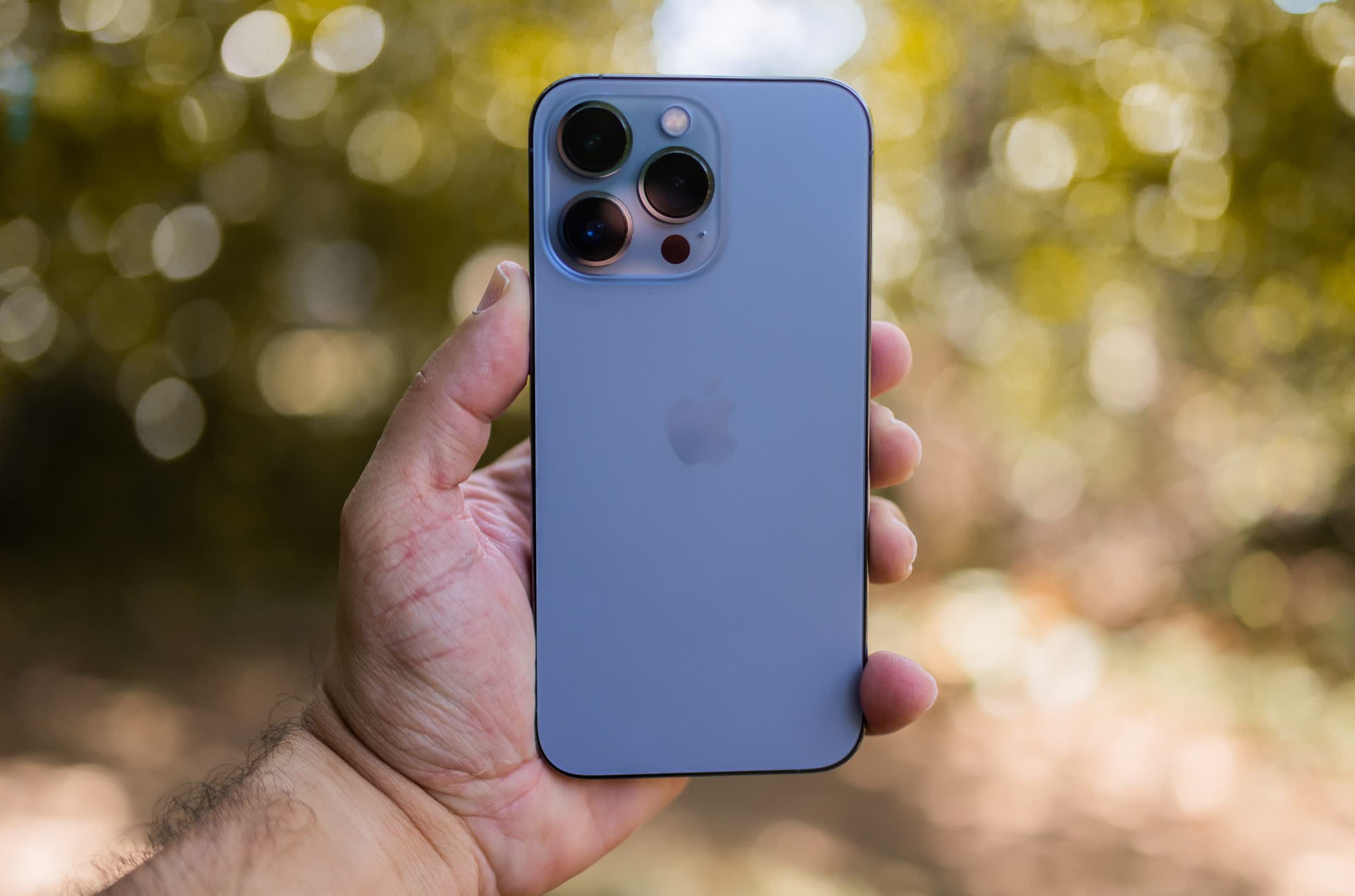Forward-looking: Sources say Apple will stagger the transition and initially use its homegrown chip in just one new product, like its high-end iPhone model. The gradual move away from Qualcomm as its modem supplier could take up to three years and mirror how the company shifted away from Intel with its own Apple silicon.
Apple's upcoming in-house communications chips plans are coming into focus, and they are more in depth than we initially thought.
If you recall, many expected Apple to have its in-house 5G modem chip ready for the 2023 iPhone but problems with overheating, battery life and component validation pushed back those plans. Bloomberg now expects the replacement to be ready by the end of 2024 or in early 2025, which would put it in line for inclusion in the 2025 iPhone at the earliest. Final testing and validation could even push it back further.

Bloomberg further points out that Apple is working on an in-house replacement for the Broadcom chip that handles Bluetooth and Wi-Fi functionality in its mobile devices. Fruits from this newer effort are expected to be ready for the 2025 model year, sources said. There is even a project underway that will combine cellular modem, Wi-Fi and Bluetooth functionality into a single chip, the people said.
Broadcom does not seem concerned about the developments at Apple. During a conference call last month CEO Hock Tan said they believe they have the best technology and are delivering value to their customers. "There's no reason to find something else where you're not the best," Tan added.
Apple already has experience making wireless chips including the W3 in the Apple Watch and the H2 in the AirPods.
Branching out to create its own silicon will not be a walk in the park, as Apple has already learned. Its homegrown communications chips will need to at least be equal to - or better than - the components they will replace as there's no room to take steps in the wrong direction in the cutthroat mobile market.
Image credit: Caleb Oquendo
